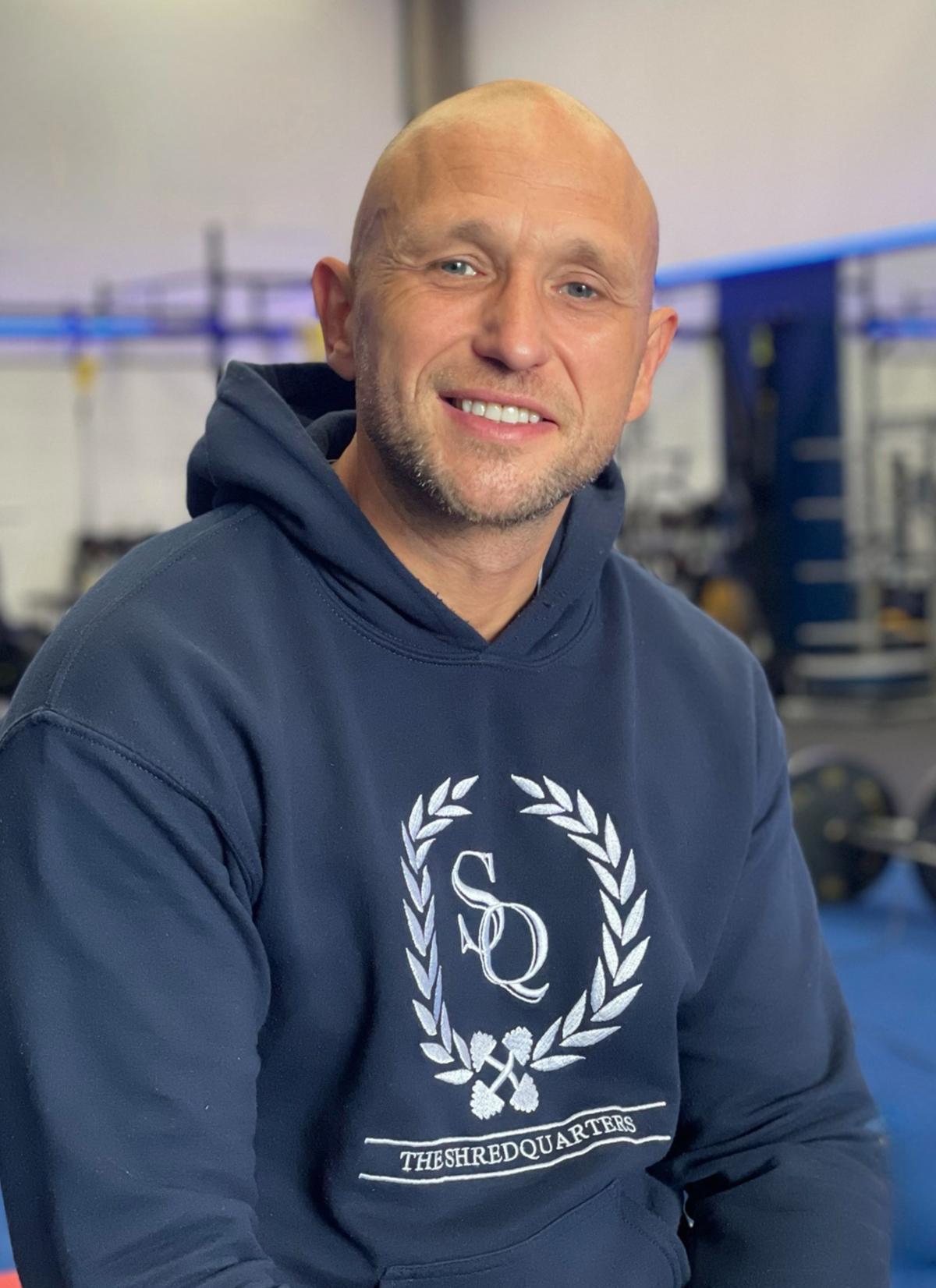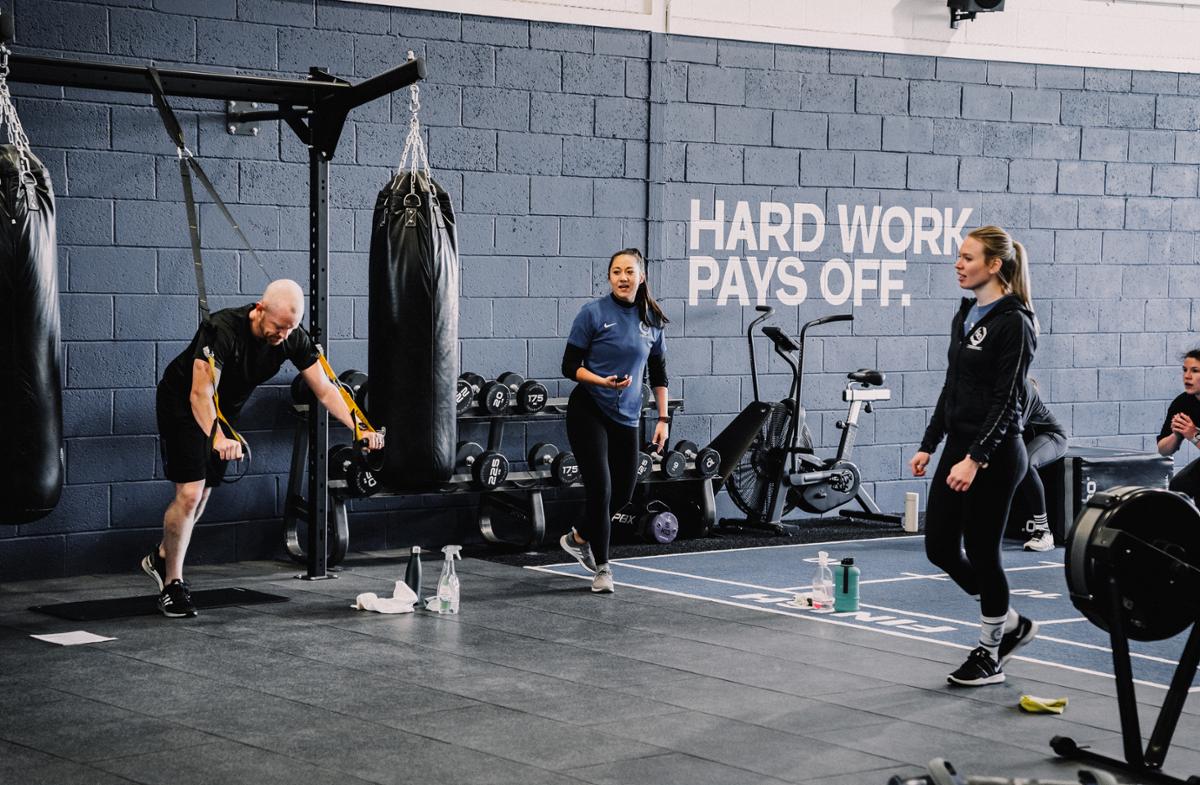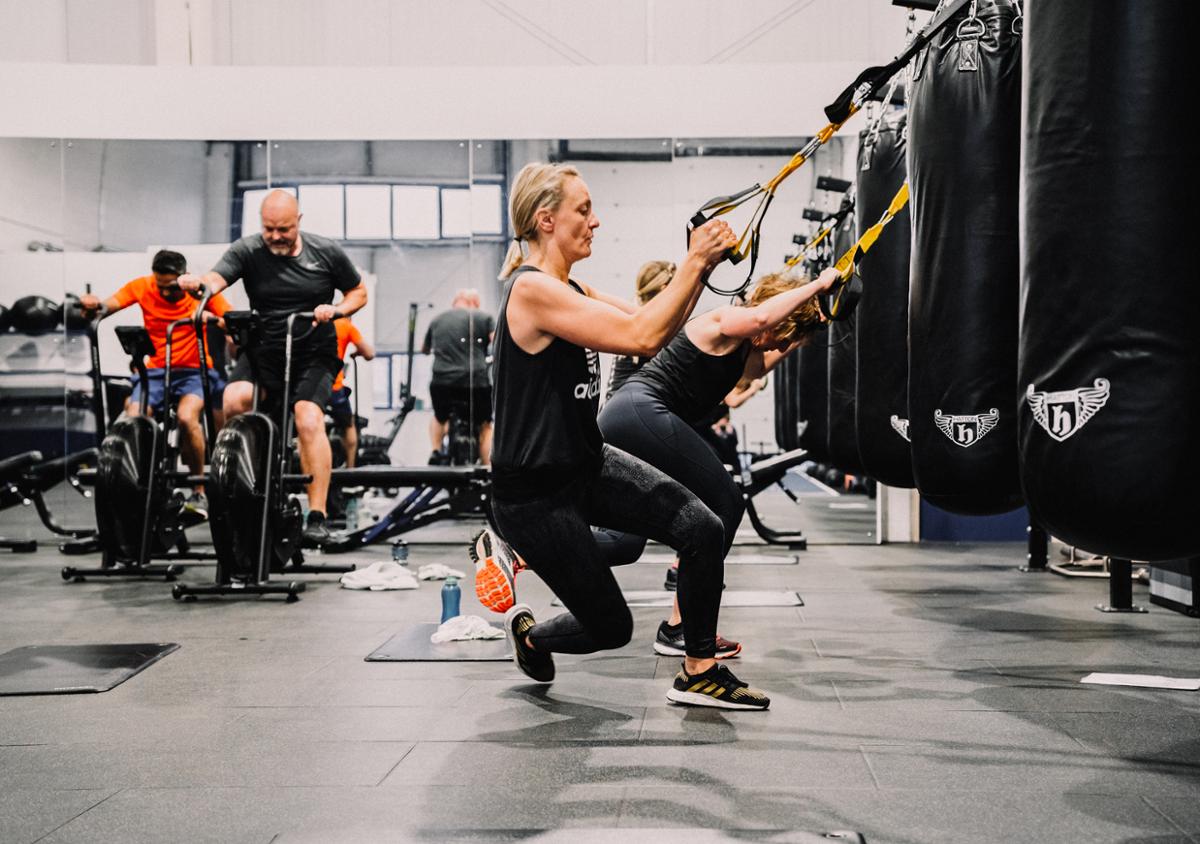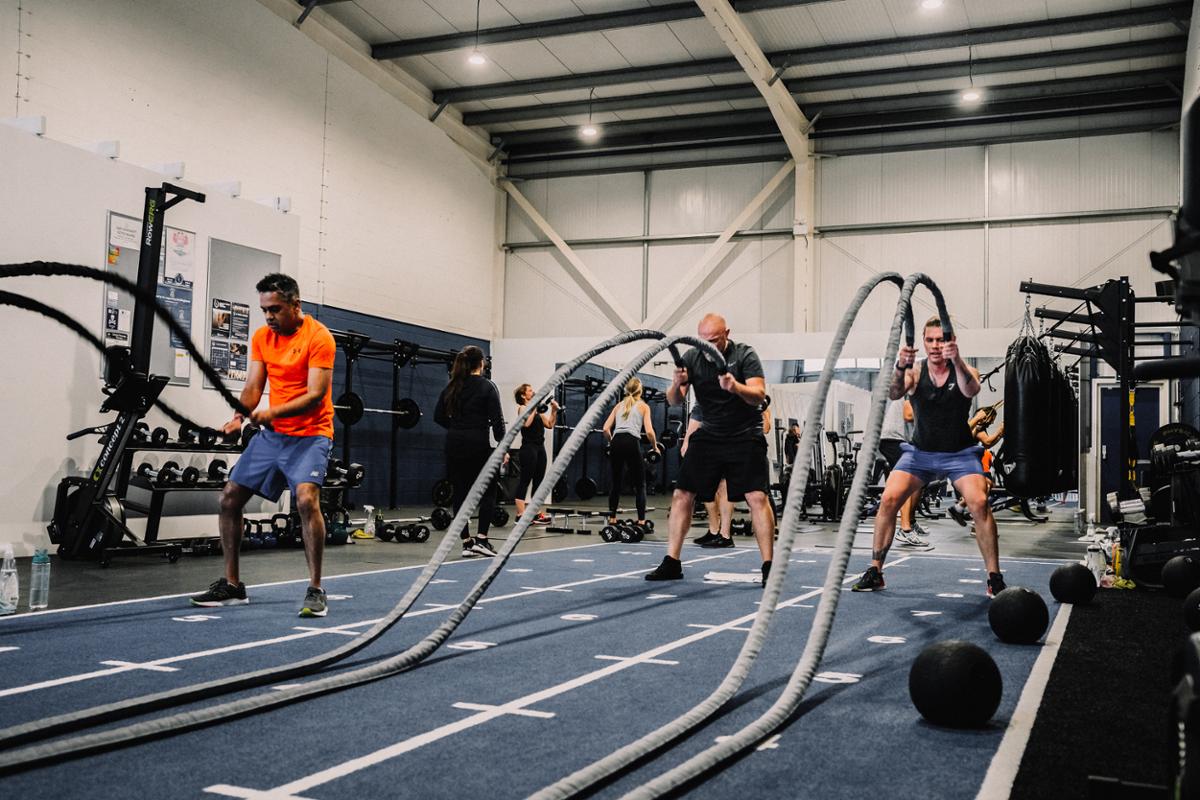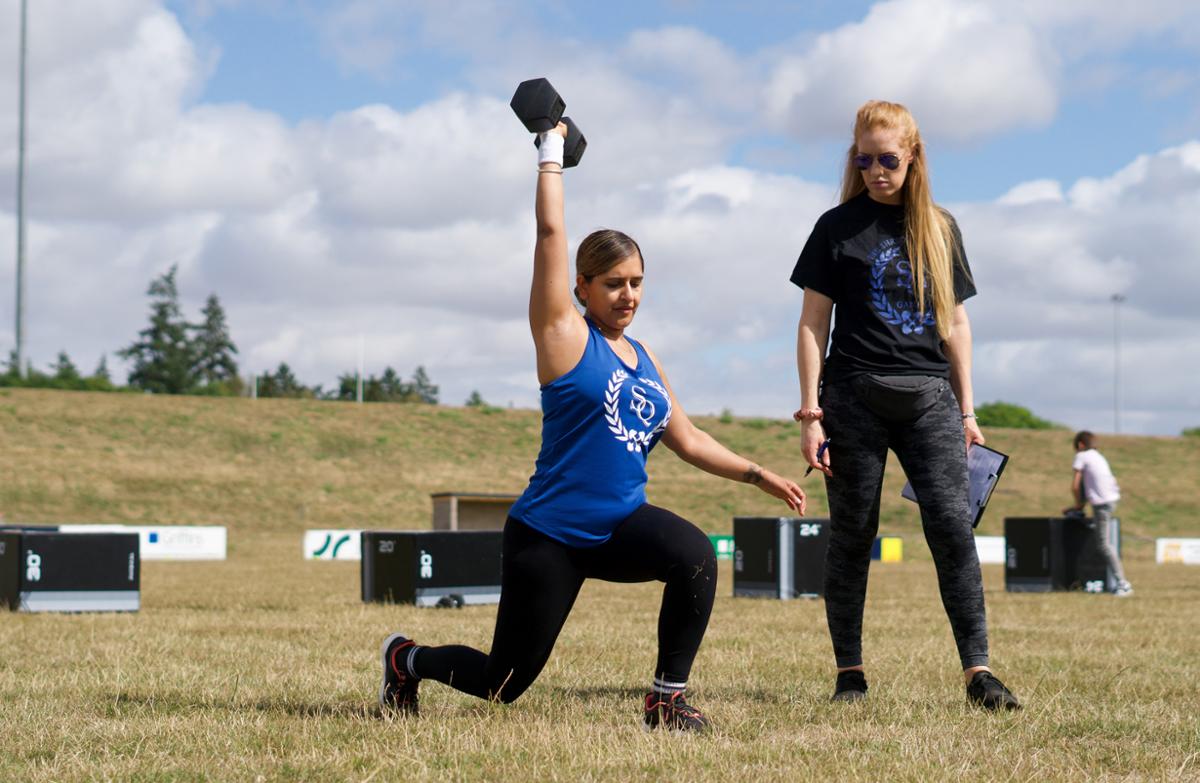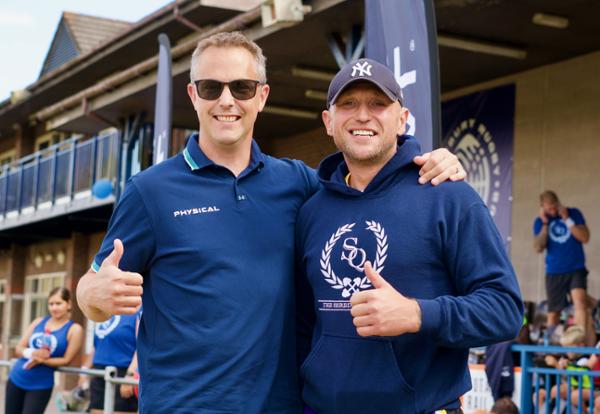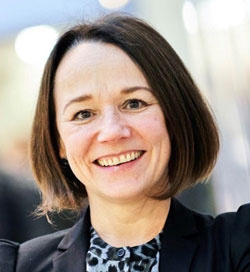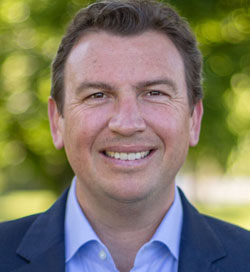When and why did you launch?
I think the time comes for many of us when we stop, take stock and realise it’s time to bring our interests and our work together.
I’ve always been really into fitness, and functional training in particular, but having tried the various products on the market I felt I could do it even better myself.
When I founded The Shredquarters, I wanted to build a community where I knew everyone’s name and why they were training. I wanted to offer the sort of personal touch and programming that ensured those members felt supported and successful, and were motivated to stay with us.
That vision became reality when I launched my club in Reading, UK in 2016. It was a huge success story and one I continually reinvested in: it’s still the most well-equipped functional gym I’ve ever been in.
We also innovated, bringing in things such as outdoor bootcamps and indoor cycling alongside our functional training sessions. We won awards and had members who were willing to travel an hour each way just to come and train with us.
It proved a strong enough concept that not only survived the pandemic but thrived, generating high levels of franchising enquiries.
So now you’ve pivoted to franchising?
I can’t be a personal trainer forever – it’s a young person’s game! More importantly, I recognised that functional training was becoming big business and that franchising offered a chance to scale.
The business is entirely self-funded: we don’t have any bank loans or shareholders. It means we can do things our way, without anyone to answer to, but we wouldn’t have been able to achieve the same rapid growth trajectory had we continued only operating owned clubs.
So, we shifted to a franchise model – even the Reading club was sold back to the business and then sold on as a franchise – and in the 12 months after the UK re-opened from lockdown, we grew from one to 10 clubs.
We have a further 10 locations already signed – from London to Birmingham to Bristol – with more interest coming in all the time. It means we’re guaranteed to reach 20 clubs before the end of 2023, and we’ll likely be significantly above that. It’s a competitive market, but I believe The Shredquarters will become UK market leader in this space within the next two to three years.
For me personally, it’s also exciting to have others share in The Shredquarters’ success.
What are your workouts like?
Shredquarters classes are all about community. Each has a maximum of 25–30 participants, and with two or three trainers on-hand in every class, there’s plenty of scope to give individuals the support they need to achieve the results they want.
We use a wide range of functional training equipment from Physical to deliver our ‘Shred’ gym floor class: HIIT workouts that are fun, varied and accessible to all levels. Classes are structured but constantly evolving – no two workouts are the same – which keeps members engaged and excited to come back.
We also offer boxing, yoga and strength classes across all our locations. Ours is an inclusive, supportive, engaging approach that ensures we attract and retain a broad mix of members, from teenagers to those in their 70s.
But we also know you have to listen to members and adapt if you want to retain your competitive edge. Even in a franchised model like ours, insisting on rigidity and processes above member satisfaction is – we believe – the wrong approach. While we give our franchisees a set product that works, and some still run just this, they also have the autonomy to inject their own flair and ideas.
This isn’t about diluting the core product: any extra classes are scheduled around and in addition to the main functional timetable, which still accounts for at least 75 per cent of the weekly timetable. However, from club to club you can also see complementary classes ranging from indoor cycling to street dance, aerial yoga to self-defence. We allow our franchisees to be highly responsive to local member requests.
Our inaugural Shredquarters Games, which took place on 20 August, further demonstrated the strength of our community. We had around 300 people in attendance – friends and family of the 130 members who took part from across our clubs. It was a huge success and we’ve already scheduled the next one for August next year.
What are your selling points for franchisees?
The flexibility to adapt is one. We want our franchisees to do well. Why would we stop them earning more by insisting on rigidity in the product? It would be very selfish and would hold them back in a sector where, now more than ever, you need to be nimble, responsive and ready to diversify.
The cost to franchisees is also dramatically lower than for other major brands in this space: our royalties are just 11 per cent of turnover and the total start-up cost for equipment, franchise fee and training is around £100,000. Property and fit-out costs are in addition and vary by site, location and specifications.
We don’t agree with making money from our franchisees upfront, either, so we’ve ripped up the rule book that says you should charge mark-ups. From equipment to flooring to IT, we put franchisees directly in touch with our suppliers so they get the best possible price.
We believe a strong brand is built on franchisee success, so we’re here to get clubs up and running and quickly turning a profit. Our aim has always been to create an honest, sustainable brand that franchisees actually make a living out of.
What centralised services do you offer?
Our franchisee support package includes our professional property search, negotiation and fit-out at no extra cost. We also produce detailed business plan for each site, based on actual local costs, so franchisees can make informed decisions.
We help find, hire and train the best staff and are planning to expand this offering by opening a full-time Shredquarters training facility.
As I’ve mentioned already, we offer exclusive deals on equipment and software, including our Clubright CRM system and a fantastic range of equipment from Physical. We’ve recently struck a group-wide music rights deal with PRS too.
There’s free-to-use marketing created by our in-house team – both pre-launch and ongoing digital campaigns – as well as a user-friendly member app that includes class booking. And, of course, we provide all the class plans and programmes.
In line with our whole ethos, though, we’re also very responsive to what each franchisee needs. For example, the franchisee at our 10th club – which opened in London, in July – needed to set up a pension scheme, so we helped them do this. We offer tailored, ongoing support that flexes to each franchisee, whether they need more help with business development or with the fitness side of things.
How profitable is the business?
Our fees may be dramatically lower than for other franchises, but I’ll say it again: we have no loans or shareholders to service. We’re in charge of our margins and we’re building a profitable business.
Right now, my business partner Darrell and I still take a smaller salary, but once we have around 25 gyms open and trading, the business will be self-sufficient and we’ll take full salaries. Given our current pipeline, that isn’t far away.
We’re also scaling our head office team only as needed: there are six of us at the moment, all multi-faceted and hands-on. That’s enough to oversee the next 10 franchises. After that, we may need to grow the team a little more.
As we do so, at some point we may need to pass on slightly smaller discounts. However, our royalties will stay the same and we’ll never frontload things like other franchises do – there will always be very good discounts – so franchisee ROI will remain both quick and strong.
So far, we’ve seen franchisees break even within two or three months, and we confidently forecast six-figure annual profits per club once they’re running at full steam.
Will you sell the business?
Never say never, but I have zero plans to sell it in the foreseeable future. We’ve built The Shredquarters from scratch and see a bright future ahead, with plenty of interest coming in from existing and prospective franchisees.
We’ll continue our self-funded growth, too. We’d only consider external investment if we decided to expand overseas and needed to build brand awareness and bring in local experts.
When we started out, everyone told us we were going about it the wrong way: that it wasn’t possible to run a successful franchise business without charging big sums upfront. We’re now at 10 sites, with a tried and tested concept, so I think we can justifiably say we’ve proven people wrong. We haven’t over-promised and under-delivered. We’ve done exactly what we said we would, and I’m proud of that.
Which other franchises do you admire?
I really admire Crossfit. It’s taken a very simple principle and turned it into a global phenomenon with huge brand awareness and Games that are now a major event. It’s the biggest functional fitness brand on the planet, and I can’t help but be impressed by that.








